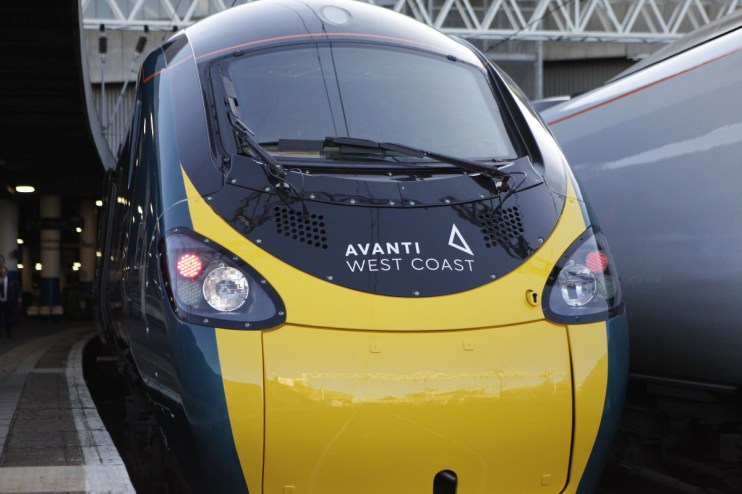Rail engineering works cause major disruption for thousands of passengers

Problems with two Christmas rail engineering work projects are causing major disruption on Wednesday.
Services at the southern end of the Midland Main Line between St Albans and London St Pancras are affected by a fault with the signalling system, while overrunning engineering work caused misery for many Southeastern passengers.
East Midlands Railway said the signalling issue is preventing it from running services between London St Pancras and Luton Airport, meaning thousands of passengers risk missing flights.
Thameslink services to and from the airport are also affected, with many trains cancelled or severely delayed.
Network Rail, which is responsible for rail infrastructure, said the fault is related to work over Christmas by technology company Siemens to install a new system to control signals on the Midland Main Line.
Gary Walsh, route director for Network Rail, said: “I am very sorry that our engineering work is affecting passengers today.
“There is a fault with part of the signalling control system which means we need to reduce the number of trains which are able to run.
“Siemens signalling engineers are working to restore a reliable system as soon as possible.”
Shortly before 8am on Wednesday, Southeastern warned passengers there was “severe disruption across much of the network” due to “engineering works not finished on time” in south-east London.
Lines between the capital and Bromley South, Swanley, Orpington and Sevenoaks were blocked until 8.27am, but disruption continued later as trains were out of position.
A Network Rail spokesman said: “We’re very sorry to any Southeastern passengers whose journeys were disrupted this morning following planned engineering work overrunning in the Orpington area.
“Train services resumed at 8.27am and disruption is expected to end at 11.30am.
“We’d like to thank passengers for their patience and understanding.”
Storm Gerrit also caused delays and cancellations to parts of the rail network, particularly in Scotland and northern England.
Neil Lancefield – Press Association
